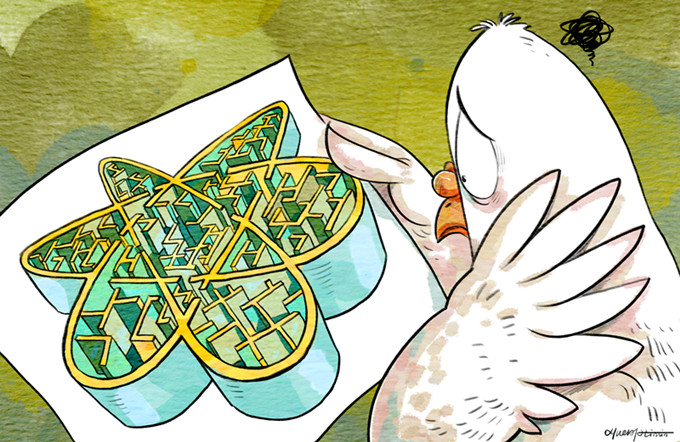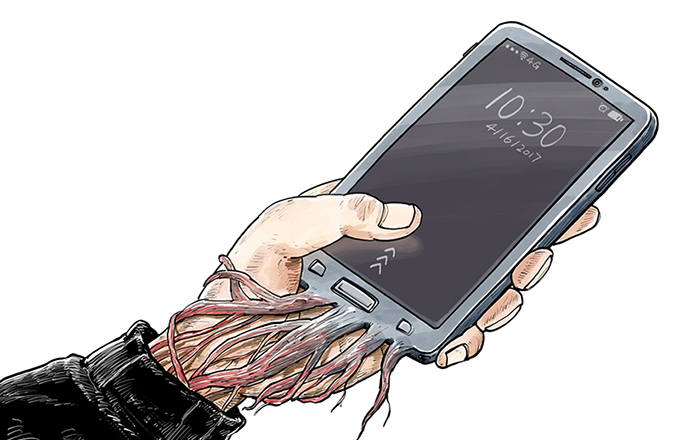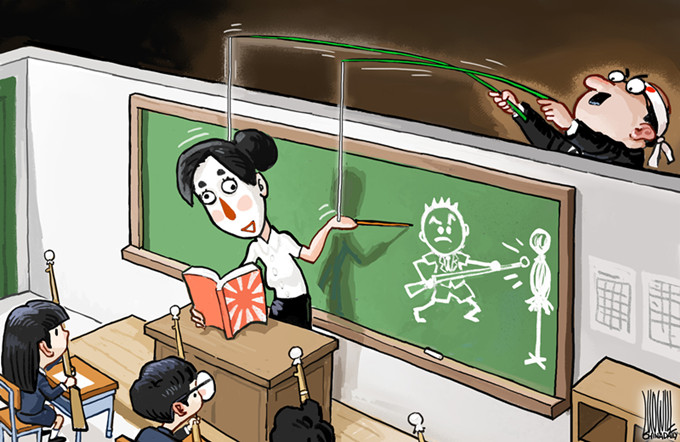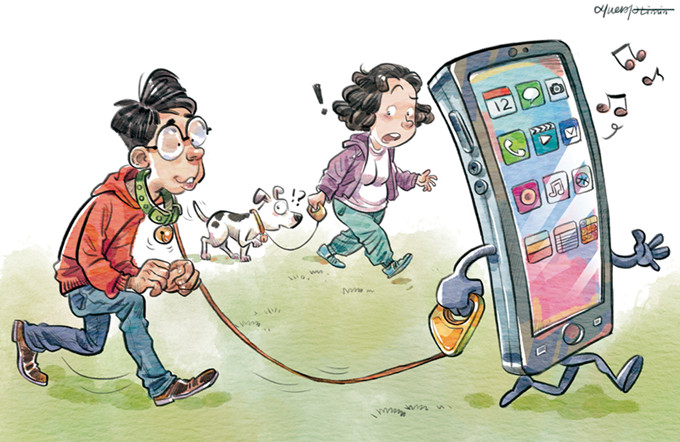Good Samaritans get much-needed legal help
 |
| MA XUEJING/CHINA DAILY |
The newly approved General Provisions of the Civil Law has many highlights, among which are articles specifically aimed at protecting the rights of good Samaritans. According to Articles 183 and 184, people who contravene the new law have to bear the civil liability for those who suffer damage in the process of protecting other people's civil rights and interests, and the beneficiary has to give appropriate compensation to the good Samaritans, especially in situations where the transgressors flee the incident spot or are unable to bear the civil responsibility. In addition, if a good Samaritan causes any damage to the beneficiary, he/she will not bear any civil liability.
The media have termed the articles of the General Provisions of the Civil Law and newly issued local regulations aimed at protecting people who help others as China's "good Samaritan law", saying they will help rebuild the social climate in which people willingly help those in need.
Helping others during emergencies is believed to be one of the basic human virtues and necessary for building social cohesion.
The public wanted the legislature to pass a law to protect good Samaritans after the media highlighted incidents where passersby were indifferent onlookers when other people needed help.
In 2011, 18 people in Foshan, South China's Guangdong province, walked past a two-year old girl Yueyue, who was fatally injured in a car accident, without providing any help. The poor girl later died of her injuries. The tragedy sparked a public outcry against social moral decline, but the situation didn't improve as more such incidents happened across the country.
The media always criticize people who turn a blind eye to those who need their help, and talk about the good old days when such indifference was unheard of. But a more pertinent question is why has people's attitude changed in a short time.
In the landmark case of Peng Yu in Nanjing, East China's Jiangsu province, in 2006, a young man who offered help to an injured elderly woman was ordered by a court to pay 45,876 yuan ($6,659) as compensation to the beneficiary, even though the judge supposed he was not at fault, which seriously dampened people's enthusiasm of voluntarily helping others.
For many, however, the question is not "unwilling to" help but "being afraid of" helping those in need. If the old saying, "one good turn deserves another" remains only on paper, it would be unfair to criticize people's hand-off attitude toward those needing help. After all, self-protection is a natural human trait and cannot be compared with selfishness.
The fact that good Samaritans could not fall back on any law to protect themselves exposed a big loophole in our social justice system. A society that doesn't protect the rights and interests of good Samaritans can hardly be regarded as healthy or fair.
So, instead of simply blaming indifferent passersby or onlookers, we should make efforts to build a legal framework to protect good Samaritans, which is exactly what the new law and regulations will do.
The General Provisions of the Civil Law aims to dispel good Samaritans' misgivings about becoming victims themselves. Apart from awards and reward money, some local regulations also provide more specific and considerable protection to the good Samaritans. For instance, the intention of a draft regulation in Central China's Henan province is to create a "green channel" in hospitals to provide medical treatment for those who are injured while helping others. It is also aimed at prohibiting companies from firing employees who are unable to perform their stipulated duties because of injuries sustained while helping those in need.
The brave and altruistic deeds of good Samaritans are like a balm that soothes the pains of society. As such, how to punish those ungrateful people who frame or try to frame their benefactors should also be the focus of lawmakers.
The author is a writer with China Daily.
wangyiqing@chinadaily.com.cn
- Good Samaritan donates 7,000 milliliters of blood in 18 years
- Everlasting love: Samaritan adopts 102 children in 20 years
- Good Samaritan student remembered in video game
- Qingdao good Samaritan one of the 'People Moving Shandong'
- Alibaba's good Samaritan insurance draws applicants
- When a good Samaritan becomes the target for extortion
- Is it necessary to issue a good Samaritan law?
- Fujian raises Samaritan grant standards



















